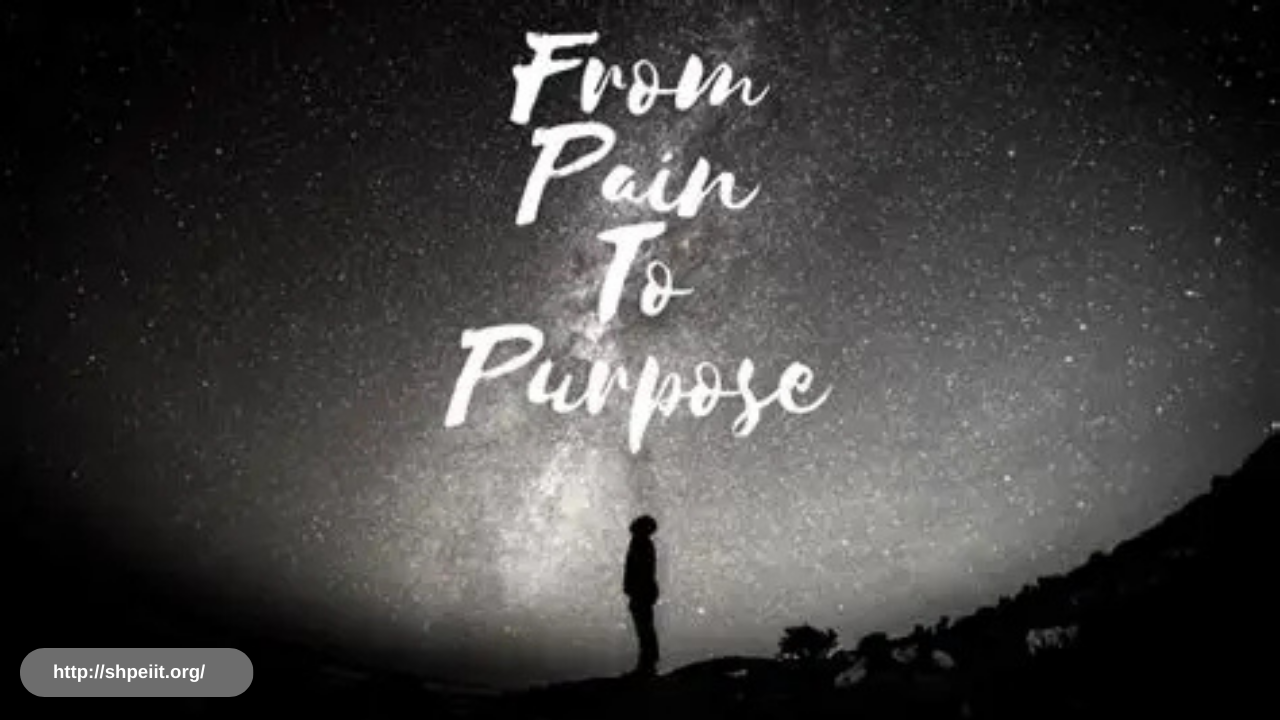The Life of a Professional Writer
The Rewards and Challenges of Professional Writing
From Pain to Purpose: How Sharing Addiction Stories Supports Healing
 The Power of Storytelling in Recovery
The Power of Storytelling in Recovery
Addiction is often surrounded by silence, shame, and stigma. For many individuals in recovery, breaking that silence by sharing their story becomes a turning point in the healing journey. Writing or speaking about addiction is not simply an act of expression. It can also be a therapeutic process that transforms personal pain into a source of strength, hope, and connection.
At SHPEIIT, where addiction recovery and mental health treatment are supported with holistic, faith-based, and individualized approaches, we recognize that storytelling has the power to heal both the writer and the reader. When someone chooses to put their experiences into words, they begin to take control of a narrative that addiction once dominated.
Why Sharing Addiction Stories Matters
Breaking the Chains of Stigma
One of the heaviest burdens carried by those struggling with addiction is stigma. By openly sharing personal experiences, individuals challenge stereotypes and reveal the human side of addiction. Stories replace judgment with understanding, making it easier for others to seek help without fear of shame.
Encouraging Self-Reflection and Growth
Writing about addiction forces individuals to pause, reflect, and process their journey. This self-examination can uncover patterns, triggers, and moments of strength that might otherwise go unnoticed. In inpatient or outpatient care settings, structured writing exercises often complement counseling, offering clients a safe way to process emotions.
Creating a Bridge of Connection
Addiction thrives in isolation, but recovery thrives in connection. Sharing stories allows individuals to connect with others who have walked similar paths. For the writer, it creates a sense of belonging. For the reader, it may provide the inspiration to believe that recovery is possible.
The Healing Role of Writing in Addiction Recovery
Writing as a Therapeutic Tool
Journaling, memoir writing, or even private reflection can serve as powerful therapeutic tools. Research has shown that writing about trauma can reduce stress, improve mood, and help individuals organize difficult emotions. In the context of addiction treatment, writing provides a healthy outlet to release feelings that might otherwise remain bottled up.
Transforming Pain into Purpose
When people share their stories publicly, whether in a support group, through a recovery blog, or in a memoir, they often discover that their words have the power to inspire others. This shift—from being defined by pain to using it as a source of purpose—can be a profound part of long-term recovery.
Balancing Honesty and Self-Care
It is important to acknowledge that writing about addiction can bring up painful memories. Professional guidance, such as working with therapists or faith-based mentors, ensures that individuals navigate the writing process safely. Protecting one’s mental and emotional health is just as important as telling the truth.
A Holistic Approach to Healing Through Stories
At SHPEIIT, recovery is seen as a journey of mind, body, and spirit. Sharing stories aligns with this holistic philosophy by addressing emotional wounds, strengthening mental clarity, and fostering spiritual growth. For some, storytelling may feel like an act of faith—turning brokenness into testimony and struggle into service.
Whether in inpatient care, outpatient programs, or community support settings, individuals are encouraged to find healthy ways to express themselves. Writing is just one pathway, but it is one that often leads to profound healing.
Taking the Next Step
If you or someone you love is struggling with addiction, know that your story is not over. Sharing experiences of pain and resilience can be an essential part of recovery. At SHPEIIT, we are here to walk with you, offering comprehensive treatment programs that blend evidence-based care with faith-driven support.
Your journey matters. Your story matters. And your healing can begin today. Reach out to us to take the first step toward recovery and discover how your pain can become a powerful purpose.